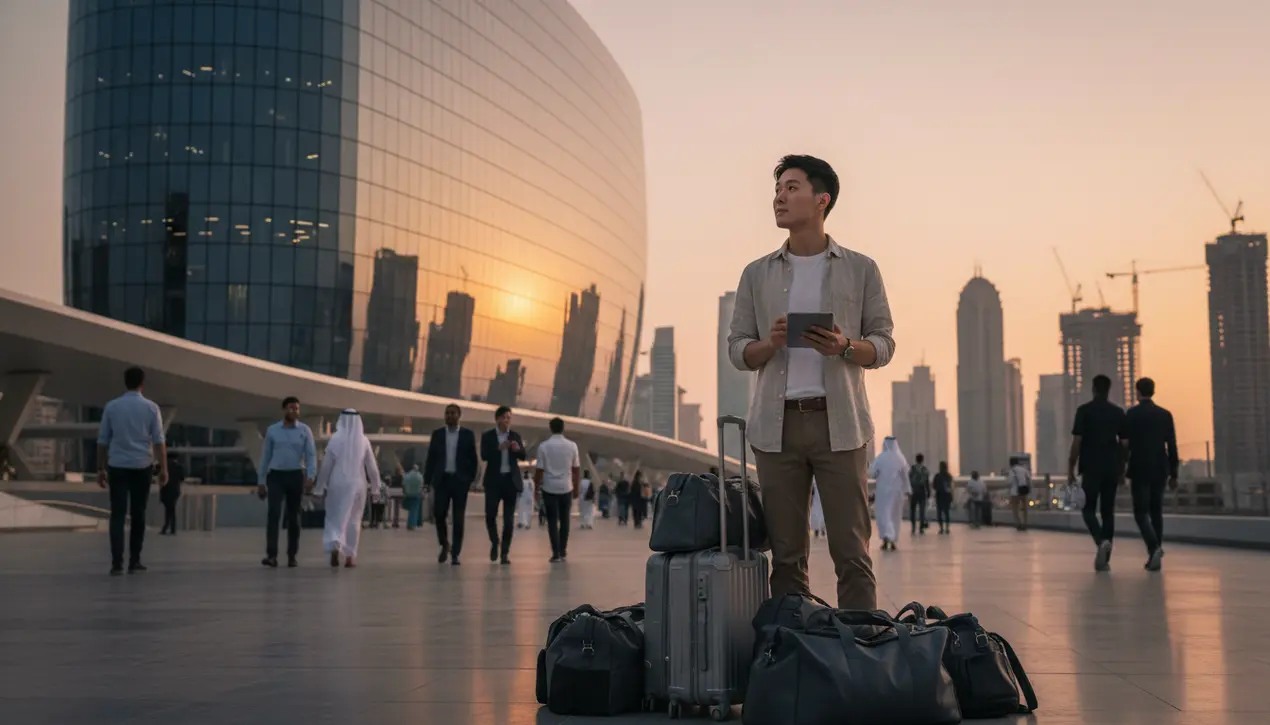
FinancemacroeconomyGlobal Economic Outlook
Hongkongers Attracted by High-Paying Jobs in Saudi Arabia
AN
Andrew Blake
2 hours ago7 min read
The gravitational pull of Saudi Arabia's economic transformation is creating an unexpected migration pattern, drawing professionals from Hong Kong who find themselves navigating a fascinating collision of cultures and ambitions. At the heart of this shift is Vision 2030, Crown Prince Mohammed bin Salman's audacious blueprint to pivot the kingdom from its petrodollar dependency towards a diversified, futuristic economy.This isn't just about building Neom, a $500 billion megacity; it's a full-spectrum overhaul of the nation's financial, tourism, and industrial sectors, creating a vacuum for high-caliber talent that Hongkongers, particularly in finance, project management, and tech, are uniquely positioned to fill. The allure is straightforward: tax-free salaries that can be double or triple what they'd earn back home, coupled with a lower cost of living that accelerates wealth accumulation.Yet, the reality on the ground is a complex tapestry of opportunity and adjustment. For many, the move was never part of a lifelong plan but a pragmatic response to a once-in-a-generation economic opening, a chance to be on the ground floor of a nation rewriting its own contract with the world.Daily life, however, requires a nuanced navigation of profound cultural differences—the rhythm of life dictated by prayer times, the strict social codes, and the initial isolation that can come with being an outsider in a society that has historically been closed. This mirrors historical labor migrations, like American engineers heading to Saudi Arabia during the 1970s oil boom or skilled Europeans flocking to Dubai's nascent hub in the early 2000s, but with a distinctly 21st-century digital sheen, where expat communities form on WhatsApp before a single suitcase is packed.Economists watching this trend point to a broader reconfiguration of global talent flows, where traditional hubs like Singapore and London face new competition from oil-rich states actively buying the expertise needed for their metamorphosis. The long-term consequences are twofold: for Hong Kong, it represents a subtle brain drain of its professional class, while for Saudi Arabia, the success of this cultural and professional integration is a critical, unproven variable in the Vision 2030 equation. Will these highly-paid transplants become long-term residents who help build the new Saudi society, or will they be transient participants in a grand economic experiment? The answer will depend as much on the kingdom's ability to foster an inclusive environment as it does on the sheer weight of its financial incentives.
#featured
#Saudi Arabia
#Vision 2030
#Hongkongers
#employment
#economic diversification
#cultural challenges
#expatriates
Stay Informed. Act Smarter.
Get weekly highlights, major headlines, and expert insights — then put your knowledge to work in our live prediction markets.
Comments
Loading comments...
© 2025 Outpoll Service LTD. All rights reserved.